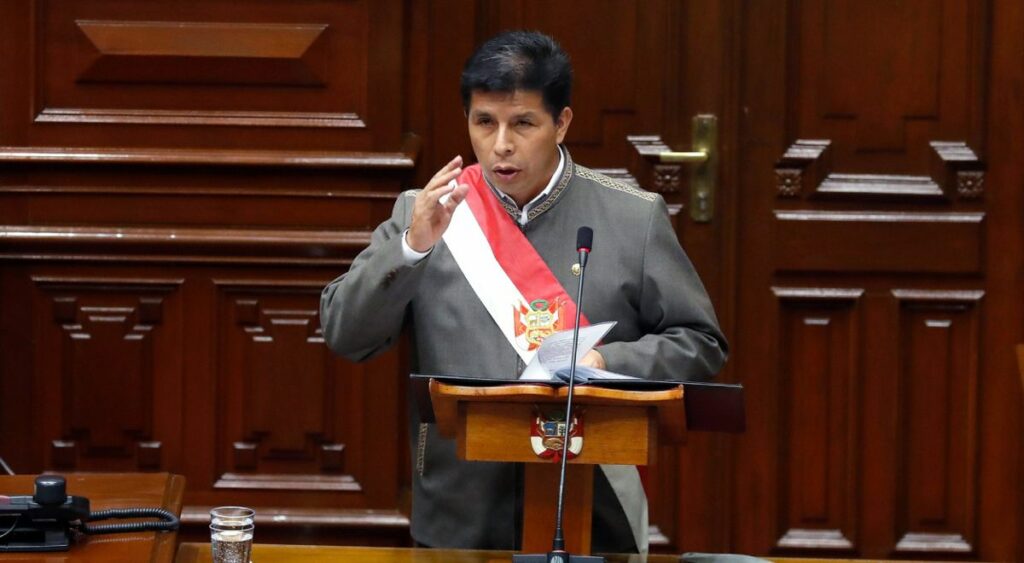The governor of central bankHéctor Valdez Albizu, valued as successful for the Dominican economy the implementation of the monetary policy schemes over the past decade, noting that “specifically, the inflation average fell from 13.0% to 3.5% in the period 2002-2011, in a context in which average growth was 5.0%, the highest in Latin America”.
He noted that “the scheme of inflation targeting it will continue to consolidate in the coming years, contributing to a greater resilience of the productive sectors and to macroeconomic stability”.
He indicated that, thanks to the strategies of the last decade, international organizations have emphasized that credibility levels of central bank are comparable to those of Latin American countries that have a longer history of targeting inflation such as Chile, Peru and Colombia.
The governor recalled that, although the adoption of the inflation targeting scheme was formalized in 2012, the central bank transited since 2005 a path of preparation technical aspects, supported by expert advice from the main central banks of the region and international organizations such as the International Monetary Fund (IMF).
Valdez led the book presentation “Inflationary dynamics and monetary politics in the Dominican Republic”, “100 relevant questions for the Dominican economy” and “Series of studies 2022”, in commemoration of a decade of the adoption of the scheme of goals of inflation.
Review of the works
The director of the Department of Monetary Programming and Economic Studies, Joel Augusto González Pantaleón, explained the contents of each one of the works released by the central bankwhich were prepared by technicians of the institution.
“Inflationary Dynamics and monetary politics in the Dominican Republic” constitutes a compendium of studies on the behavior of domestic inflationits determinants and its relationship with the monetary politics.
In particular, it identifies the internal and external factors that affect the inflationthe impact of uncertainty on its volatility, the behavior of the inflation during the pandemic, as well as its redistributive effects for households, among other issues.
“100 relevant questions for the Dominican economy” is a compilation of excerpts from articles published in the Reports of Monetary politics during the last decade, where questions for the economic task that have arisen in exchanges with colleagues, analysts and international organizations are addressed.
Finally, the document “Series of Studies 2022” includes three investigations which are the result of several rounds of discussions in internal forums and international seminars.

















